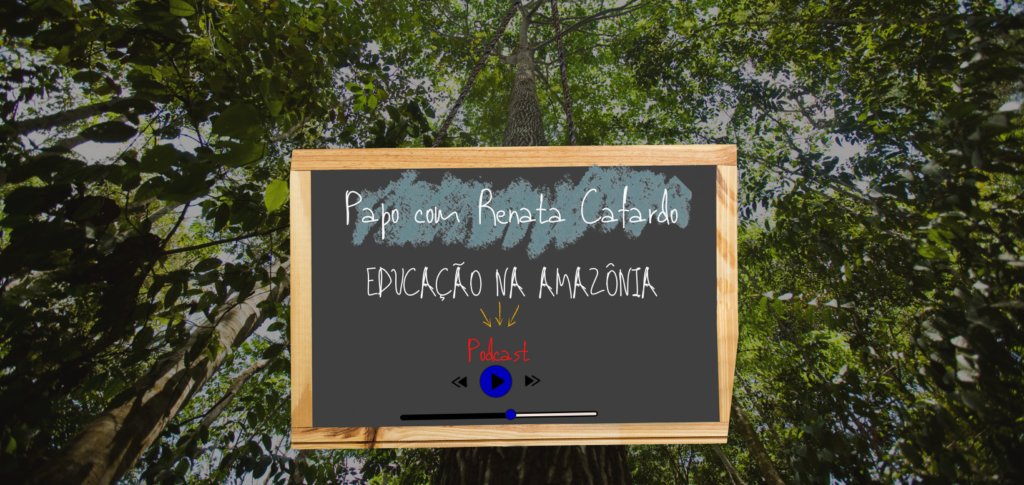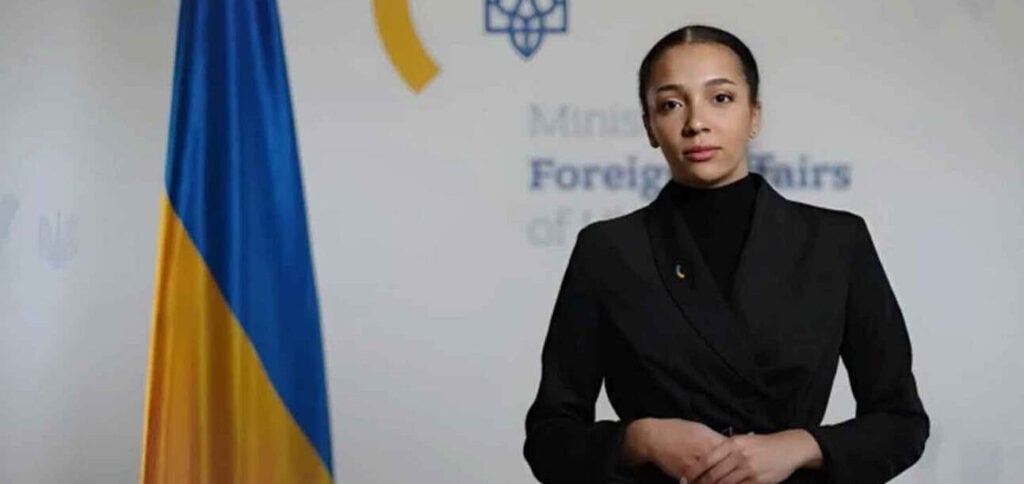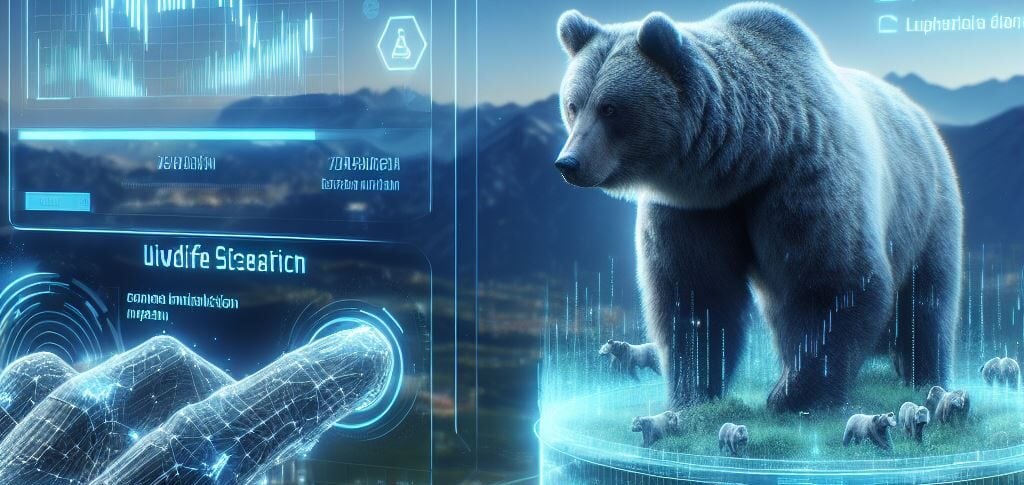O Curto News had a chat with the special reporter and education columnist for Estadão Renata Cafardo about “Educação na Floresta”, a special podcast that shows how education is a key part of preserving the Amazon. The journalist traveled by boat along the rivers of the Amazon, met communities in the middle of the forest and was able to see the magnitude of the challenges faced by schools in the Amazon region.
ADVERTISING
From field work were born a special report (How schools can save the Amazon) and two podcast episodes on Estadão News. Renata tells us the behind-the-scenes of the journalistic investigation and how the forest and its natives impacted her personal and professional life! Read and listen to excerpts from the interview.

Since 2000, Renata Cafardo has worked in the Brazilian press as an education specialist. She started at Estadão, worked at TV Globo and 5 years ago returned to Estadão, where she is a special reporter and columnist. She is also the author of the book “O Roubo do Enem”, published by Record and president/founder of Jeduca (Association of education journalists).
The immensity of the Amazon: challenge for education
“Everything is measured by the distance by boat. An immensity, water everywhere, forest, sail for hours and see a person on the bank, an indigenous man. This immensity impressed me greatly. As wonderful as it is, the immensity makes education in the Amazon difficult. It’s difficult to bring teachers, materials, internet. There needs to be more investment, more priority with education there, so that it happens with quality”.
ADVERTISING
Eyes of the world focused on the Amazon
“I chose to talk about Education in the Amazon, because this is a very important year for the Amazon, it is an election year, it is a year in which there were records of deforestation, there was a barbaric crime there. All of this left the Amazon very much in the spotlight. But nationally and internationally, little was said about Education in the Amazon.”
“I have been an education reporter for over 20 years and had never done a story on Education in the Amazon, so I had no knowledge. It was born as a personal curiosity of mine and the journalistic relevance of talking, of telling what is done there. What type of education is offered? Do they consider local knowledge? Does this come into school? I went to understand how education could be relevant to the development of that place.”
Education for sustainability
“A professor at the Federal University of Amazonas, from Rio de Janeiro, helped me. She has lived there for many years and deeply understands education there. In a conversation, she told me about the term “education for sustainability”, which opened my mind and I thought: “what is this? I want to show that it is possible to provide sustainable education!”
ADVERTISING
“Education for sustainability is an education that will keep the forest standing.”
“The concept of education for sustainability, which the teacher brought to me, was very important. That’s when I was able to better direct the reporting and understand what the path would be.”

Preservation that passes from generation to generation
“It’s important for us to look at the people beneath those trees, beneath all that greenery, among all those rivers. How important are they for preserving that biome? One story really impressed me: a family, whose father is a logger, the grandfather was also a logger. The father talks about how his son's education transformed his life. He stopped deforesting! Today he is an entrepreneur, who works in tourism at a guesthouse and builds houses for tourists. Community preserving the community. He understood that he makes more money preserving the forest. I was very impressed by the transformative power of education, about preserving the forest.”
Teenagers didn't know they lived in the Amazon
“I met people who were born in the Amazon region, but spent their lives without even knowing what the Amazon was about. A researcher told me that she always had books with stories from the Southeast, which talked about subjects that had nothing to do with her life. And it took her years and years to know that there were indigenous people very close to her.”
ADVERTISING

“I spoke to students inside a school in the Amazon and they said they didn't know where the Amazon was despite being next to all those trees, all green! They didn’t learn that all that forest around them is a very important biome!”
Meaningful education and engaged children
“I met children committed to defending their territory, teenagers who want to be indigenous dentists, teachers and pass on traditions so that a real indigenous school can be created, and not just pass on white values”

“I learned the story of Rebeca, a Haitian immigrant. She explained to me what empathy was. She subtly described the importance of a welcoming and empathetic education.”
“Education has to be meaningful. An education that makes sense in the Amazon is necessary. That's how it has to be, it has to be told for the student to recognize themselves. “
ADVERTISING
“Those children and young people need to learn about the importance of the territory where they live in order to preserve it”

Educação na Floresta is available on the biggest streaming channels in Brazil. The podcast is produced by Jefferson Perleberg and Leonardo Catto.
Scripted and presented by Renata Cafardo. Content from Estadão Notícias.



